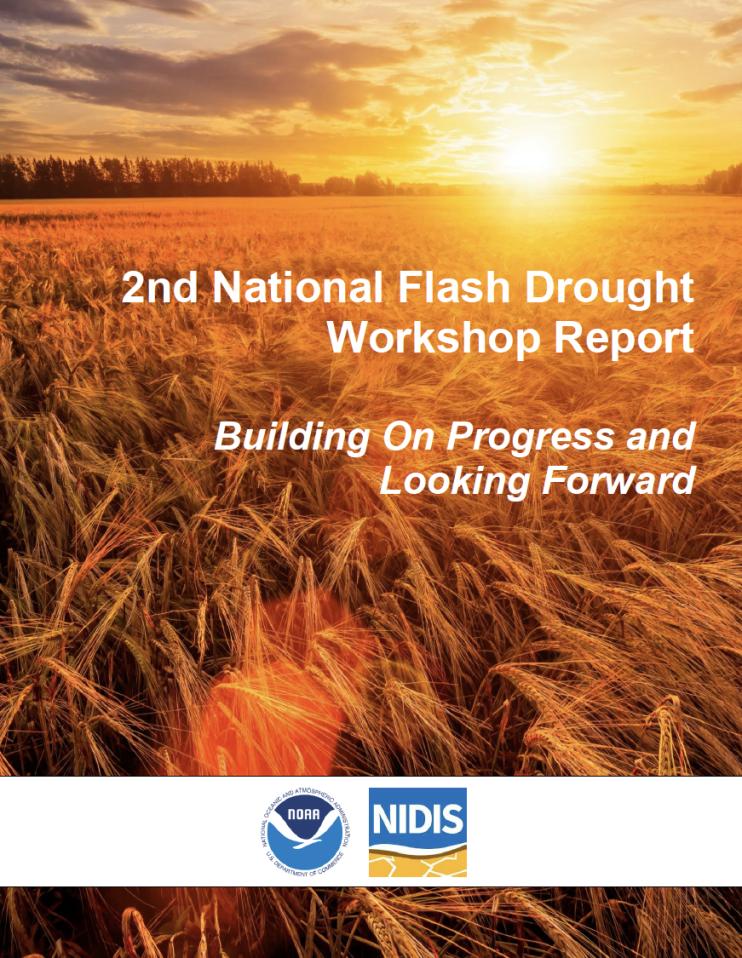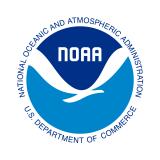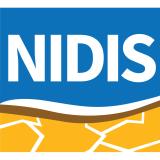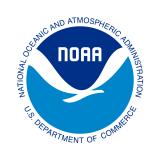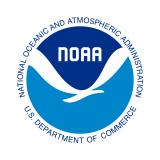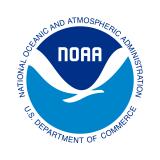2nd National Flash Drought Workshop Report: Building on Progress and Looking Forward
Flash droughts have been recognized within the last few decades as a unique phenomenon with significant impacts that require a different approach to monitoring, prediction, and planning. While there have been efforts to improve flash drought early warning over the last few years, a collaboration amongst researchers and practitioners was needed to ensure a holistic and user-driven approach to improve the country’s understanding and preparedness for flash drought.
In response to this need, NOAA’s National Integrated Drought Information System (NIDIS) and key partners began a Flash Drought Initiative in 2020 to build a community of practice to identify and advance outstanding research and information needs related to flash drought. This Initiative began through a collaborative workshop, the 1st National Flash Drought Workshop, which was held virtually in December 2020. To continue building upon the work and priority needs established at the first workshop, the 2nd National Flash Drought Workshop took place in Boulder, Colorado from May 2-4, 2023. This workshop was also organized by NOAA’s NIDIS with the assistance of a technical working group composed of leading practitioners and researchers from across the country who monitor, respond to, and plan for flash drought at the local, state, and/or regional level. The workshop gathered 80 other researchers and practitioners from federal, tribal, state, and local agencies, as well as academia and international institutions to address the topic of flash drought from national, regional, and sectoral perspectives.
This report captures the key takeaways from the sessions at the workshop; the gaps, needs, and opportunities identified at the workshop; and a list of priorities moving forward for flash drought research and decision making. The identified priorities also serve as a focal point for the flash drought community to effectively respond to and mitigate drought impacts. This report and the identified priorities reflect the dialogue and discussion of the workshop attendees and do not represent official Administration policy or position, or the official policy or position of the individual organizations and agencies participating.
